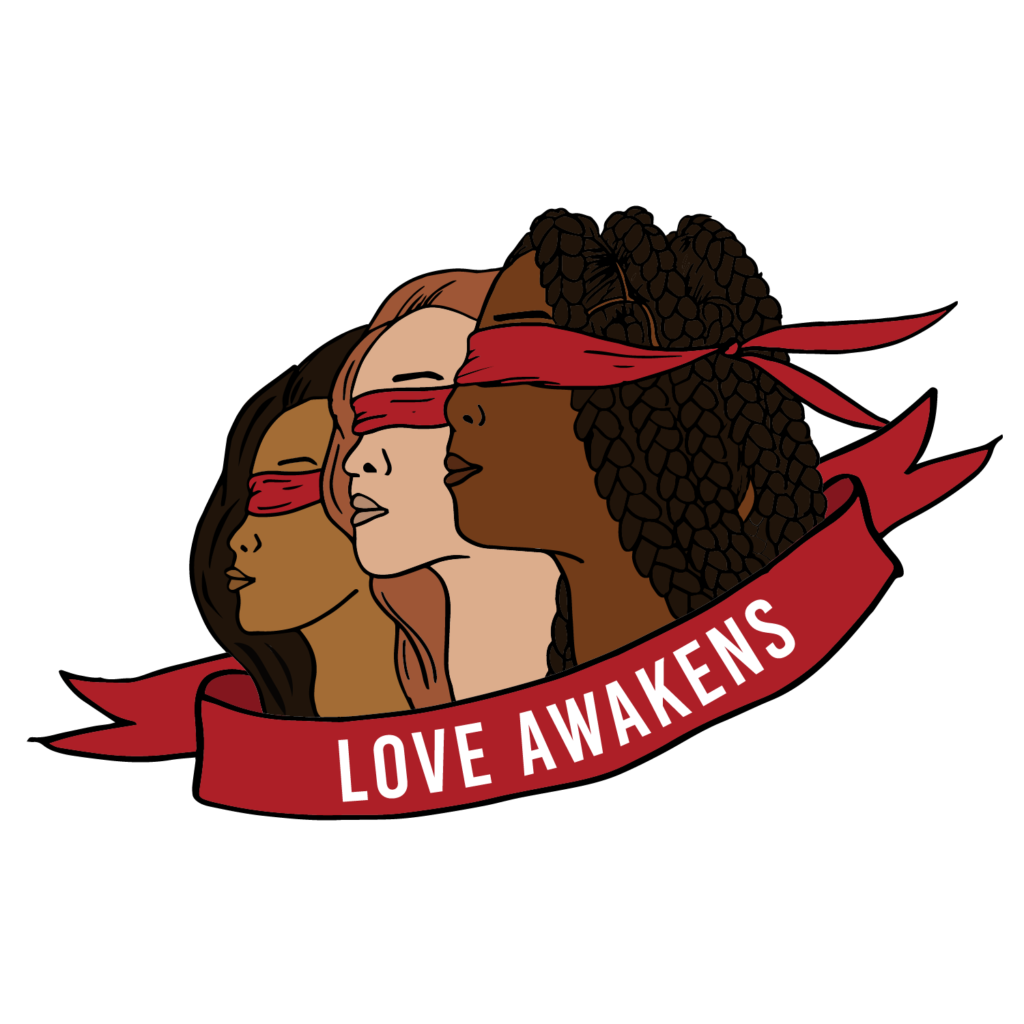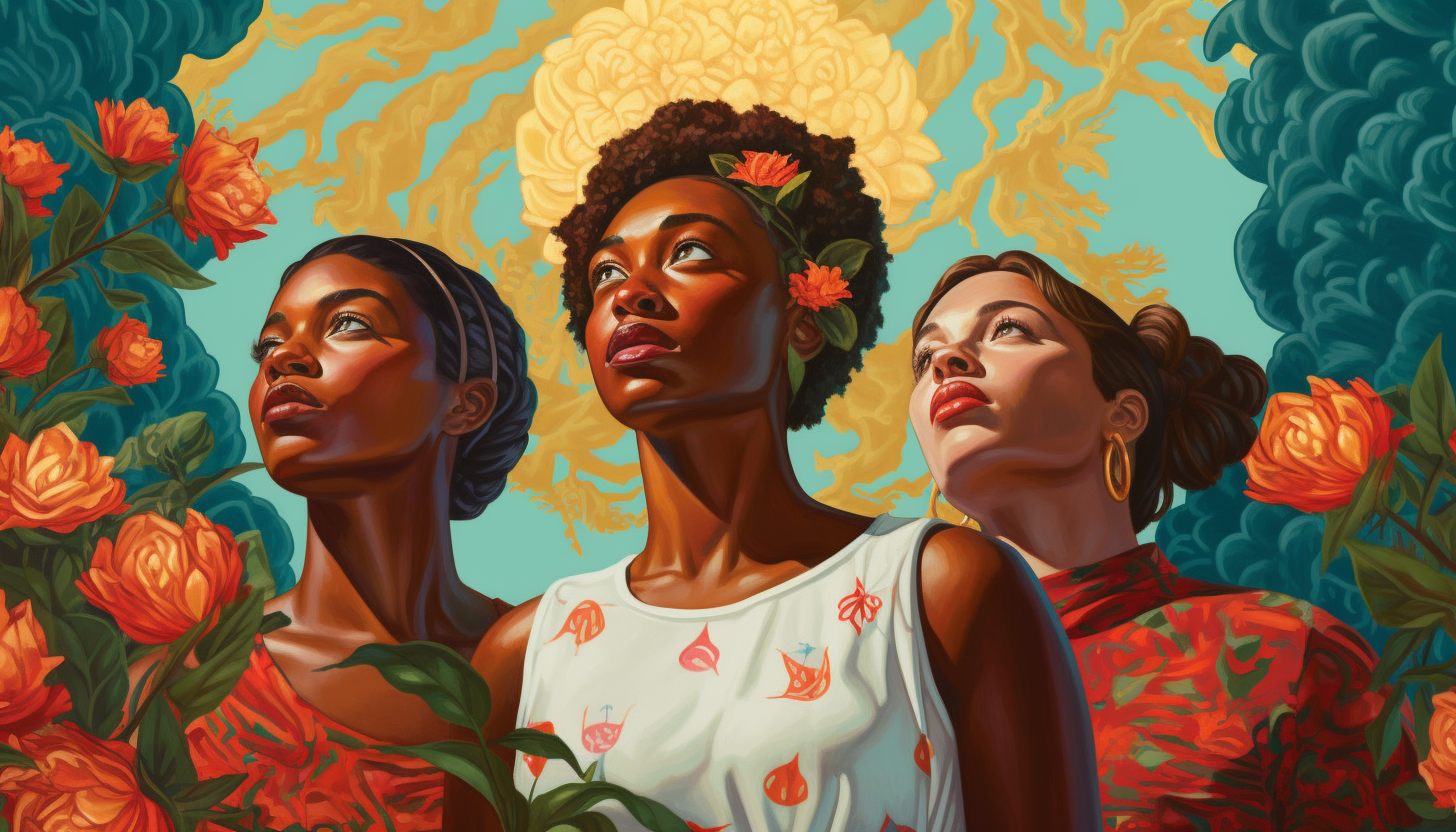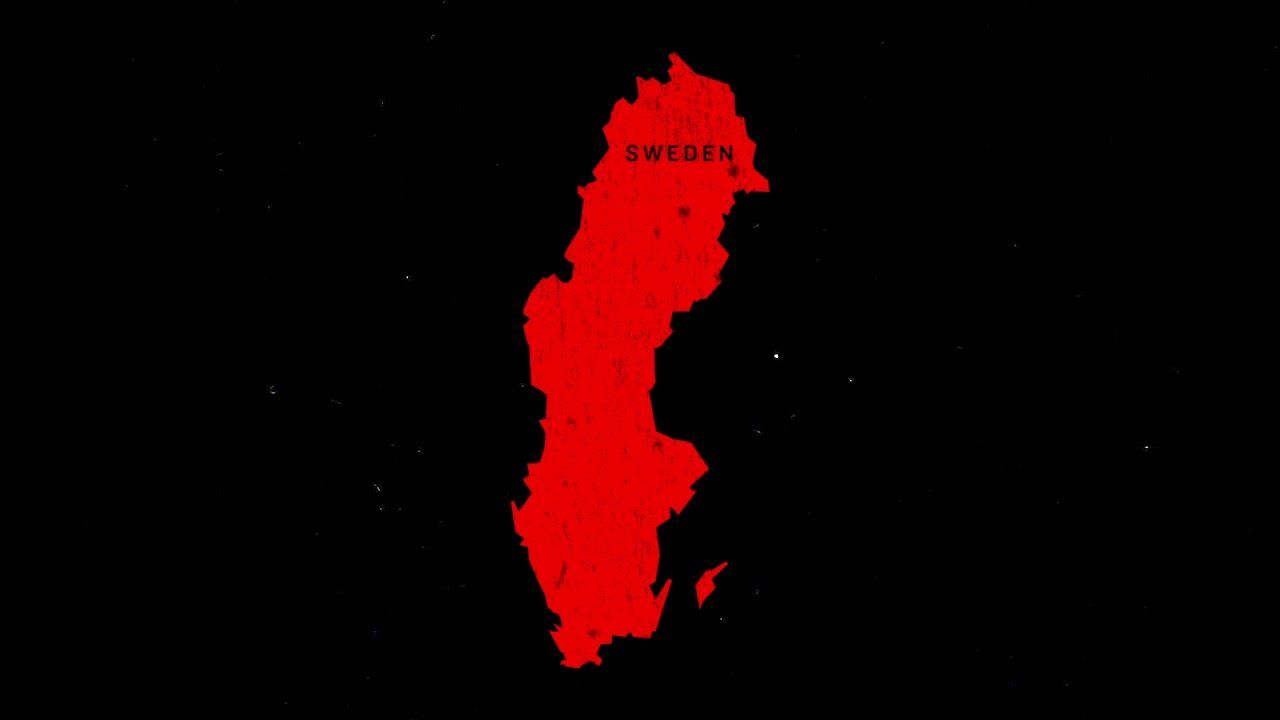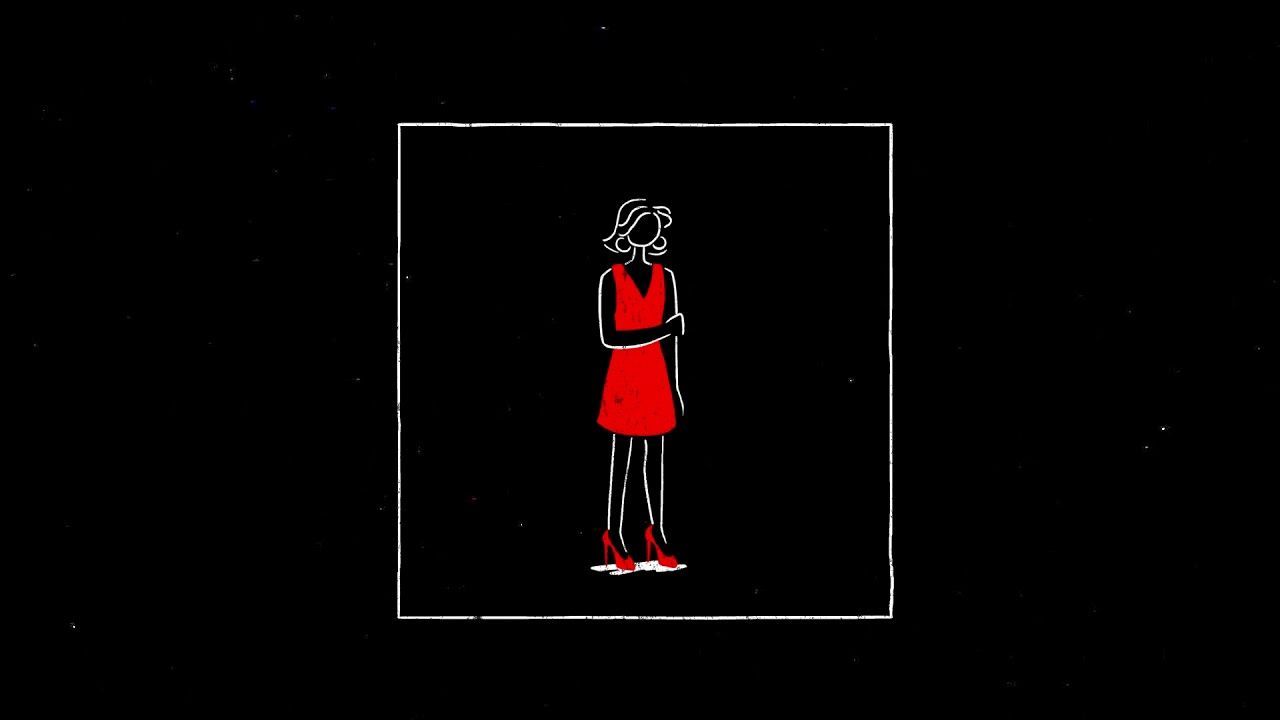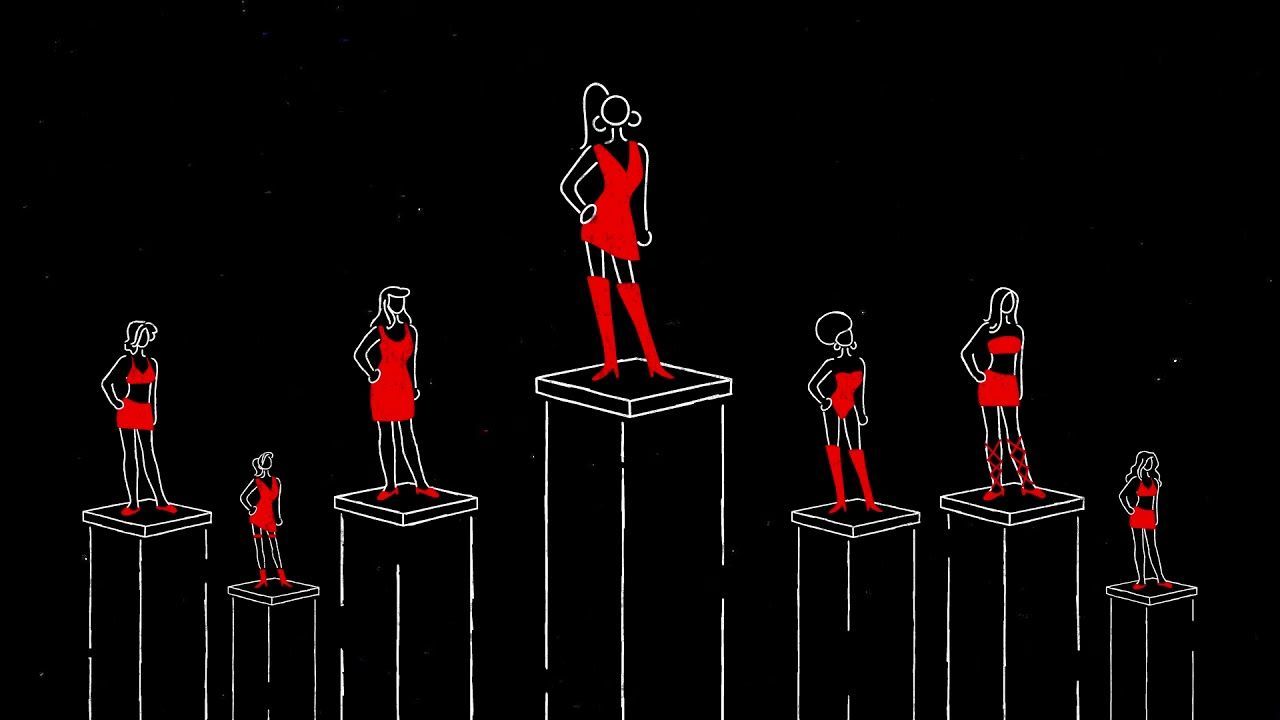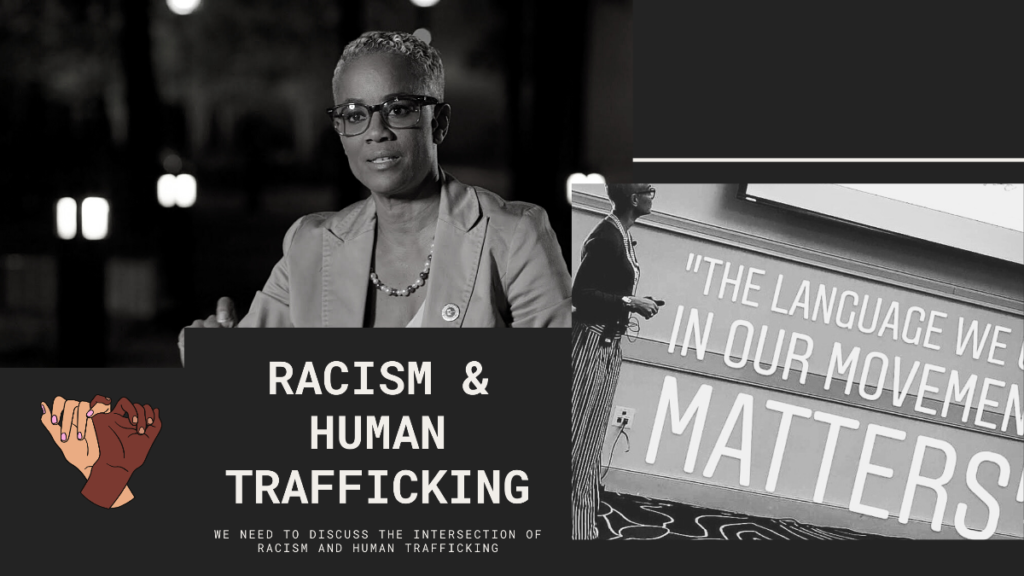“I thought about running, but thought if I did, I would be instantly murdered.”
“ Boys growing up in our culture today are socialized with a sense of entitlement to women’s bodies …address the issue of male demand and solve the issue of prostitution.” – Benji Nolo
“A lot of people think sex traffic victims are going to come running out screaming ‘Help me! Help me! I am being hurt, and I need your help,’ but that is the opposite of how these women come out.” -Rebekah Charleston
Two of many hard-hitting quotes from this year’s annual Awaken banquet that was another successful display of valiant hearts coming together to make change happen. Filling the banquet room this year were powerful testimonies, local business owners, sex-trafficked survivors, local senators and politicians, and the men and women dedicated to the cause of ending the demand for women’s and children’s bodies.
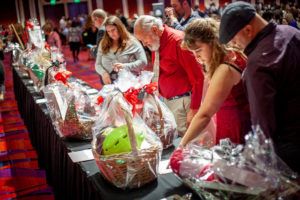 For those who have not been able to attend a banquet, you do not know what you’re missing. The perfect stage is set for the evening: black table cloths are accented with red linens, and floating candles in clear vases attract your eye to the center. Three massive screens are set up around the room to ensure everyone in attendance has a clear view of the speaker, and after the fun, hustle and bustle of the silent auction, the room lights dim against the red walls, and it is time to begin.
For those who have not been able to attend a banquet, you do not know what you’re missing. The perfect stage is set for the evening: black table cloths are accented with red linens, and floating candles in clear vases attract your eye to the center. Three massive screens are set up around the room to ensure everyone in attendance has a clear view of the speaker, and after the fun, hustle and bustle of the silent auction, the room lights dim against the red walls, and it is time to begin.
Melissa Holland and Jen Robinson, co-founders of Awaken, spoke at the banquet and presented shocking numbers “38,” Melissa said. That was the number of minors (girls as young as 11 to age 18) Awaken provided services to in 2018. “ELEVEN YEARS OLD,” Jen said. Let that number sink in. She was a girl still in elementary school, a confirmed victim, whose aunt pimped her out for drugs. These young girls are local. Every single school in Reno and Sparks are affected. It doesn’t matter the reputation of the schools or the socioeconomic status of the neighborhoods, and it is not just girls. Young boys are being trafficked as well.
After Melissa spoke, U.S. Senator Catherine Cortez Masto got up and addressed the crowd, mentioning she was sharing a table with (former) Senator Dean Heller. Senator Cortez Masto’s speech was brief and to the point: abuse and objectification of women and children locally and globally is an issue that needs attention and needs to be addressed.
Shontell Brewer, master of ceremonies, took the mic and introduced the next guest speaker, Benjamin Nolot. Immediately there was a roar of an applause
from the audience. Benjamin, who goes by Benji, is the Founder and CEO of Exodus Cry,
an international anti-trafficking organization that works in the areas of prevention, intervention, and restoration. He is also the director of Nefarious
, a soul-wrenching documentary that exposes the disturbing realities of sex slavery.
applause
from the audience. Benjamin, who goes by Benji, is the Founder and CEO of Exodus Cry,
an international anti-trafficking organization that works in the areas of prevention, intervention, and restoration. He is also the director of Nefarious
, a soul-wrenching documentary that exposes the disturbing realities of sex slavery.
“Boys growing up in our culture today are socialized with a sense of entitlement to women’s bodies,” Benji loudly and passionately exclaimed,“and when you think about this issue, you should not think about it through the lens that is pitched and promoted to you through mass media.” The message we are told is that prostitutes are this ‘subclass’ of women, like a different species, who live for sex and the advancement of men’s every sexual desire. The media, brothel owners, those who are pro-legalization paint this picture of empowerment, sexual independence, and wealth these women have. This is not the truth of prostitution. It is a deception, a lie, and a myth. “Prostitution is a construct of male demand,” Benji said. To end prostitution, we must address the issue of male demand. Only then will we see the implosion of this multi-billion-dollar system of violence and exploitation of women’s and children’s bodies.
Benji finished his speech with a story about his own experiences. He and his film crew went to South America to investigate a string of bars said to be prostituting out underage girls. They had been at this one bar for a while and had not seen anything, so they were getting ready to leave; just then, across the room, he saw this little girl. “She couldn’t have been older than 12 years old, 4’10” and about 80lbs,” he said. At that moment, Benji looked over and saw this heavy set western man 6’5 or 6’6 and 280lbs. “He was just a giant of a man, and just as I see her, he sees her,” he said. The western man made a beeline for this girl and so did Benji who got to her just a moment before the other man did. He asked her “How much for your time?”
He buys her , and he and the crew, not sure what to do next, take this young girl for a walk. As they are walking around the area, they noticed that her pimps are keeping a close eye on them, likely nervous that he did not take her to a motel room. As time was coming to an end, they wanted to save her. They wanted to take her out of the wretchedly painful life she was in and protect her from the men who would hurt, rape, and use her for their own sickening desires. With no time left, he asked “Can I pray for you?” This little girl began to cry. “Tears are just pouring down her face,” he said. She just kept repeating, “You’re an angel.” She said it was her first night. She was scared, and did not want to be there, and thought God had sent Benji there just for her.
“That was it,” Benji said. The time was up, and she turned and went back into the bar. In that moment, he realized two things: (1) the ability he had to bring about change in another person’s life (2) the sad reality that this girl is one of many. There are millions of women and children being raped, used, silenced, and forced into sex slavery. “What was needed in that community was someone to resolve in their heart to help,” Benji said. “What was needed was one person to answer the call for all, to disrupt the system that made it possible for her to be in the bar.”
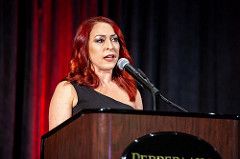 People had finished their desserts, and the banquet was coming to an end with not a dry eye in the room as Rebekah Charleston, sex-traffic survivor, took the stage. Her powerful testimony will give readers a small glimpse into the reality of how women can be sucked into the life and forced to stay there.
People had finished their desserts, and the banquet was coming to an end with not a dry eye in the room as Rebekah Charleston, sex-traffic survivor, took the stage. Her powerful testimony will give readers a small glimpse into the reality of how women can be sucked into the life and forced to stay there.
“I grew up in a fairly normal family,” Rebekah said. She was the youngest of six, and her parents have been married for 55 years. Rebekah was born in Dallas, attended church, went to school, and had a normal life, until her oldest brother committed suicide. “Our family tried to recover,” she said. Rebekah coped by acting out. At age 14, she snuck out of a church lock in and was raped. “That one moment filled me with blame, disgust, and guilt because I knew I had done something wrong.” Rebekah didn’t tell anyone and started using drugs to cope with the rape. At the age of 17, she ran away from home.
She bounced around for a while, staying with anyone she could and stealing food, until she met this guy. She thought he was cute, and she moved in with him. One night she found herself in the backseat of his car. She thought they were going to rob a store or something, but he had much different plans. Rebekah was told to walk up and down the street and ask people if they wanted to have sex with her. She was told exactly what to say and how much money to charge them. “I had no idea what to do,” she said. “I thought about running, but thought if I did, I would be instantly murdered.” That one day turned into 10 years of Rebekah’s life. Instead of sitting in a geometry class like most 17-year-old girls, she was being marched back and forth of a sleazy motel, buying condoms at the front desk, and being forced into a life she NEVER wanted. “Nobody asked if I was okay. Nobody said you look too young to be here.” They knew what was happening in that motel, but nobody did a thing. Rebekah was not able to get away until the federal authorities got involved and arrested her. She wound up spending 13 months in federal prison because she was too afraid to tell on her trafficker. He got arrested on the same charges, and that is when Rebekah knew she had time to safely get away.
“A lot of people think sex traffic victims are going to come running out screaming ‘Help me! Help me! I am being hurt, and I need your help,’” Rebekah said. That is the opposite of how these women come out. Victims blame themselves for the situations they end up in. “One of the hardest things for victims of human trafficking to do is to self identify as a victim,” Rebekah said. “Because telling yourself you just made really bad choices and got what you deserved is easier to swallow than saying that 17-year-old girl who met that 37-year-old man was manipulated and controlled and brainwashed.” Rebekah (like most women in the life) was violently forced into this life. She never woke up one day and decided to be a prostitute or woke up and decided “I want to take my clothes off for money.”
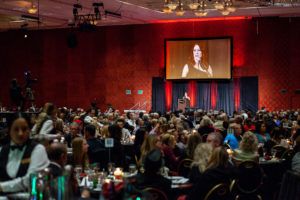 Victims are beaten, lied to, manipulated, and brainwashed to believe their situation is their fault and that they’re only good for one thing. To survive the daily realities of the life, these women have to learn how to become jaded, hardened, and how to disassociate. Rebekah asked the audience, “Can you image having sex with someone you don’t want to have sex with? You can’t show the disgust on your face because you’ll blow the call; if you blow the call, you don’t get the money; if you don’t get the money, you go home to your pimp, you get beat.” The stereotypes many want to believe is that these women choose this life, and if they didn’t like it, they’d leave. That is not the case. Men who pimp and traffic make too much money using and exploiting women and children to let them walk out the front door. Even if a victim was brave enough to leave, often they have no one to call and no place to go but the streets.
Victims are beaten, lied to, manipulated, and brainwashed to believe their situation is their fault and that they’re only good for one thing. To survive the daily realities of the life, these women have to learn how to become jaded, hardened, and how to disassociate. Rebekah asked the audience, “Can you image having sex with someone you don’t want to have sex with? You can’t show the disgust on your face because you’ll blow the call; if you blow the call, you don’t get the money; if you don’t get the money, you go home to your pimp, you get beat.” The stereotypes many want to believe is that these women choose this life, and if they didn’t like it, they’d leave. That is not the case. Men who pimp and traffic make too much money using and exploiting women and children to let them walk out the front door. Even if a victim was brave enough to leave, often they have no one to call and no place to go but the streets.
After Rebekah’s trafficker was locked up, she found out she was pregnant. She was DETERMINED to give her son a much different and better life than she had, but she had no money. Her trafficker had put $750,000 of debt in her name; unsure where to turn, she called her parents in Texas. They said if she could make it there, she would have a place to stay rent free.
Rebekah moved back to Texas and started from nowhere. She went back to school and graduated with her Bachelor’s Degree in Criminal Justice and is currently working on dual masters at UTA. She has trained tens-of-thousands of police forces, social workers, and medical staff on signs of trafficking and mentality of traffickers and victims. She is the Executive Director of Valiant Hearts , a mother, and advocate for victims of human trafficking. She is passionate about this issue and has been a bright light in a sea of darkness for many women.
Rebekah said it took a community of support to wrap around her and help her escape, heal, and recover. She was blown away to discover there are people in the world who care about people like ‘her.’ People who would stand in the gap for her and for other women and children in similar situations. Rebekah said she had to include God in her recovery. She had tried to recover on her own, but in her own strength she could not. It was only with God’s help she could fully heal, recover, and start a new life.
“Organizations like Awaken HAVE TO be around to help victims become whole again,” Rebekah said. She thought herself lucky that she had parents to call, but there are many women and children who have nobody. Children whose family, like the 11-year-old girl being pimped out by her aunt, that put them in the horrific situation. Who is standing in the gap for these women?
Human trafficking is the second largest criminal industry (bringing in around $150 billion worldwide), only surpassed by the drug trade, and growing immensely. Those being sex-trafficked are forced into it. These are women and young girls and boys who become the objects of male desire. Awaken, Valiant Hearts, Exodus Cry, and A21, are some nonprofit organizations whose mission is to end this growing, billion-dollar industry, but we need more, more people and nonprofits who will stand in the gap for these women. More people who are aware and informed about the nature of trafficking. More people who will disrupt the system that makes it possible for 12-year-old girls to be pimped out in South American bars. More people who will not look at these women, strippers, prostitutes, and traffic victims, like a subclass of sex-crazed species who deserve what they got. More people who will speak truth to lies and speak light into darkness. More people who can create change and do .
Nobody deserves to be used and objectified. Every single person is worthy of dignity, love, and respect. If we do not stand in the gap for these women and children, who will? Certainly not their traffickers, mass media, or those profiting from their exploitation. If we do not speak for the 11 and 12-year olds who have no voice, who will? By reading this post you’re already more informed, and you might not think so, but you ARE ABLE to create change. For more ways to help, click here. There are options on Awaken’s website to KNOW the facts, to get involved, and to donate. Thank you for taking the time to read this, and thank you for all the ways in which you are going to help. You CAN BE the life-changing difference in someone’s life, and by changing the life of one, you alter the course of generations to come. Thank you.
If you were not able to attend the conference, a few videos were shared. Follow the links below to watch.
As well, below is a link to the banquet; you can listen to the speakers.
The post “I thought about running, but thought if I did, I would be instantly murdered.” appeared first on Awaken.
Thanks for reading!
Please consider donating to help us continue to make a difference.
